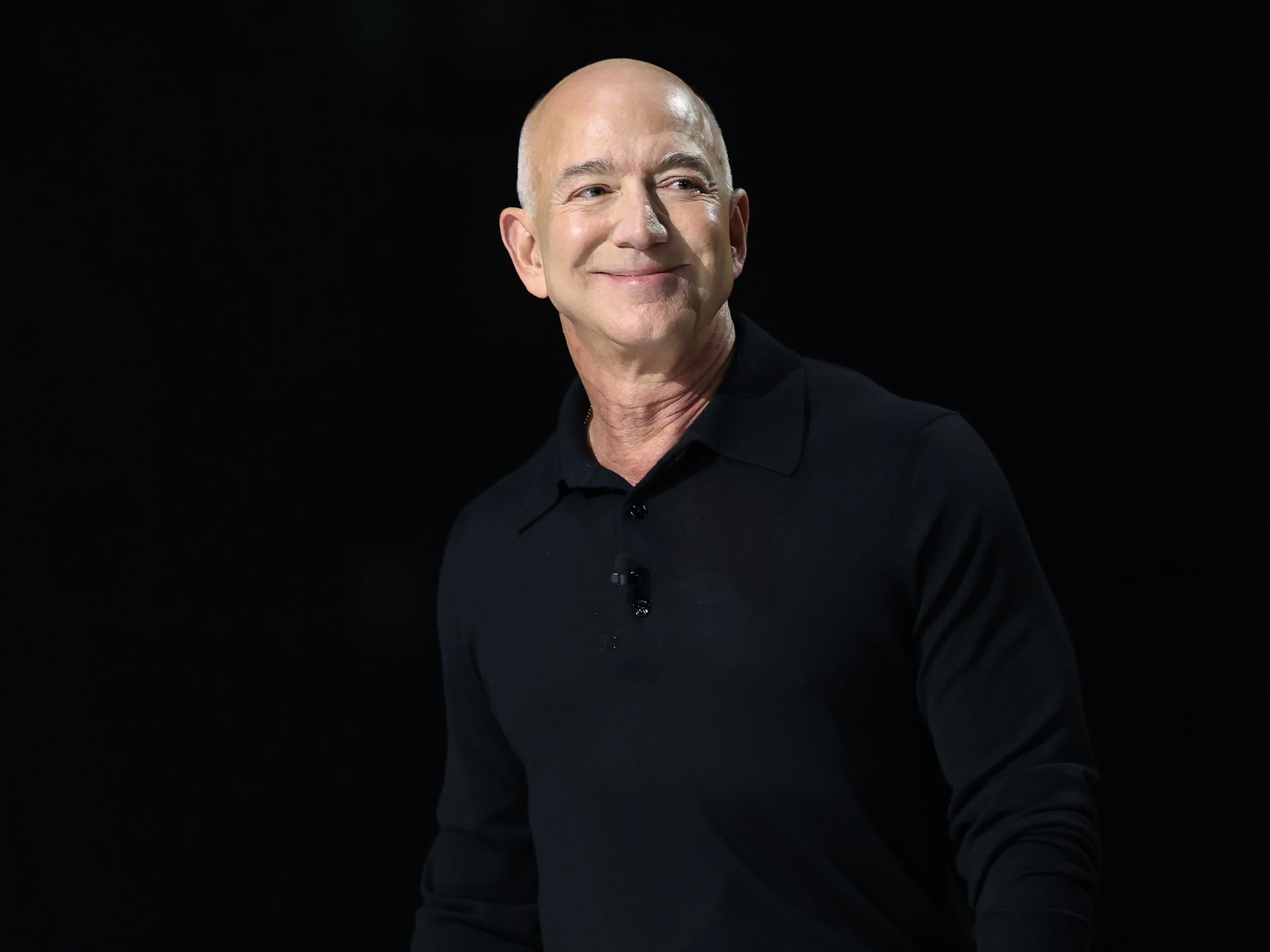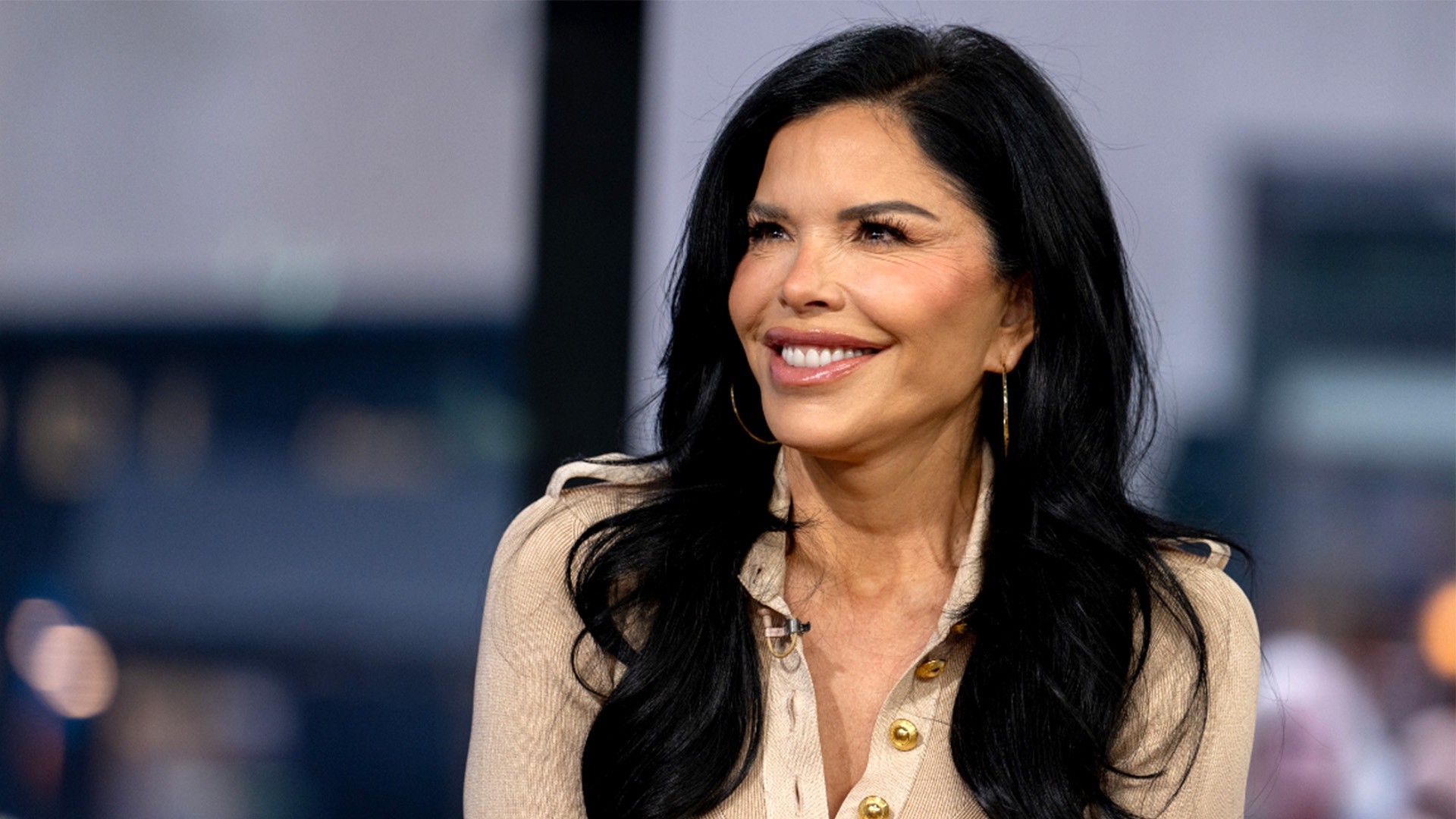Jeff Bezos and Lauren Sánchez are preparing for a wedding that is being hailed as one of the most luxurious celebrations of all time. As the Amazon founder and his fiancée plan to marry in the romantic city of Venice, Italy, the world is watching— but not all eyes are filled with awe. In fact, the internet and activists around the world are voicing their anger over the ostentatious affair, which has sparked widespread backlash and protest.
The couple, who have been in the public eye since their relationship went public in 2019, have been remarkably tight-lipped about the details of their wedding. They announced their engagement in 2023, and now, with the wedding day fast approaching, reports indicate that the event will take place sometime between June 26 and June 28.
While they have remained secretive about the exact details, it’s clear that they have spared no expense.
The setting for this grand event will be Venice, Italy, a city known for its historical charm and romantic atmosphere. The wedding will stretch over three days, with a reported budget between $23 million and $34 million.
The venue is expected to be a stunning location at the Arsenale, a 14th-century maritime complex located in the Castello district of Venice, which has been renovated to house the Venice Biennale art fair. It is surrounded by water, with no direct access by land, which makes it an exclusive and difficult-to-reach location.

Despite the excitement surrounding the wedding, the backlash against Bezos and Sánchez’s luxury nuptials has only intensified in the days leading up to the event. Social media has been flooded with complaints about the extravagant spending. One user on X (formerly Twitter) sarcastically remarked, "This is what oligarchy looks like," reflecting the growing frustration over the massive wealth gap between billionaires like Bezos and the average citizen.
Another individual lamented, “I wonder how many kids could have been fed for the price of Jeff Bezos' wedding?” These comments reflect the sentiments of many people who feel disconnected from the excesses of the world’s richest individuals.
The protest against the wedding isn’t limited to online criticism. On June 23, activists from Greenpeace Italy, along with a UK group known as "Everyone Hates Elon (Musk)," staged a protest in the heart of St. Mark’s Square.
They unfurled a giant banner featuring a caricature of Bezos laughing, along with the bold message: "If you can rent Venice for your wedding, you can pay more tax." This act of defiance was a clear statement against the billionaire class and their apparent disregard for the economic struggles of everyday people.

Mental health experts are weighing in on the broader implications of such displays of wealth. Psychotherapist Stephanie Sarkis has pointed out that luxury weddings like Bezos and Sánchez's can serve as a painful reminder of economic inequality, especially for people who are struggling to make ends meet.
Many are living paycheck to paycheck and feel as though they have no way of improving their financial situation. As a result, their frustrations often manifest in anger toward the ultra-wealthy, particularly when they see the lavishness of events like this wedding.
“It’s easy for people to get angry at someone they see as a symbol of the vast difference between their lives and the lives of the ultra-wealthy,” Sarkis explained to USA TODAY. “People may not have the opportunity to express their feelings directly about their own situations, but the anonymity of the internet gives them a chance to release that anger.”
The wedding is more than just a celebration of love between Bezos, 61, and Sánchez, 55. It’s become a symbol of the growing divide between the haves and have-nots. While many young people are dealing with job insecurity, rising living costs, and student debt, Bezos and his guests will be enjoying the luxuries of private jets, exclusive venues, and multimillion-dollar festivities.

Erik Anderson, a licensed marriage and family therapist, noted that such extravagant events like Bezos and Sánchez’s wedding evoke resentment because they highlight the stark differences in how people live. Many young people are now facing uncertain futures, with the realization that they may not have a better standard of living than their parents.
This creates a sense of helplessness and frustration, which is then projected onto figures like Bezos, who epitomize the kind of wealth that seems out of reach for so many.
Anderson also suggested that luxury weddings, particularly those that take place in exclusive, privately rented locations, symbolize something even deeper. “It represents the idea of having access to things that no one else can have,” he explained. “When the wealthy can rent out a whole city or a landmark that is normally accessible to the public, it reinforces the notion that they can take things away from others and make it exclusive to their circle.”
This outrage over Bezos and Sánchez’s wedding is not unique. A similar wave of anger occurred last year when Bilt Rewards CEO Ankur Jain married former WWE wrestler Erika Hammond in a four-day spectacle that included a private tour of the pyramids and a special event at the Grand Egyptian Museum.
The event was widely criticized for its excessive extravagance, with many seeing it as an emblem of elitism.

While some may argue that a wedding is a personal celebration and that Bezos and Sánchez are entitled to spend their money as they see fit, others argue that such displays of wealth only serve to exacerbate societal divisions. The internet has become a powerful tool for mobilizing discontent, and in the case of Bezos’s wedding, it has become a focal point for the frustrations of those who feel ignored by the wealthy elite.
Local Venetians have also voiced their concerns, with some even planning to hold peaceful protests or blockades during the event. They argue that Venice, a city struggling with public services and affordable housing, needs investment in essential infrastructure—not more luxury events that cater exclusively to the rich.
One local resident expressed frustration, saying, “Venice is for the people, not for billionaires who come here to have their private parties.”

The ongoing backlash underscores the broader issue of wealth inequality that has become a focal point of modern social discourse. With wealth concentrated in the hands of a few, it’s becoming increasingly difficult for ordinary people to feel that their voices are being heard. The frustration that bubbles up in response to lavish events like Bezos’s wedding is not just about the wedding itself but about a broader societal problem that affects millions of people worldwide.
In response to the growing criticism, some observers have argued that the anger aimed at Bezos and Sánchez is misplaced. They point out that it’s not the wedding itself that is the problem, but the systemic issues of economic inequality and the lack of access to opportunities for the average person.
Nevertheless, it’s clear that the wedding has struck a nerve, with people seeing it as yet another example of the gulf between the rich and the rest of society.
As Bezos and Sánchez prepare to walk down the aisle in one of the world’s most beautiful and exclusive cities, the online criticism and real-world protests show no signs of abating. What was meant to be a celebration of love and commitment has instead become a symbol of the stark divisions that define our modern world.
Whether the backlash will have any lasting impact remains to be seen, but one thing is clear: the wedding of Jeff Bezos and Lauren Sánchez has become a lightning rod for broader conversations about wealth, privilege, and inequality in the 21st century.

-1749482411-q80.webp)
-1749482120-q80.webp)

-1749481098-q80.webp)